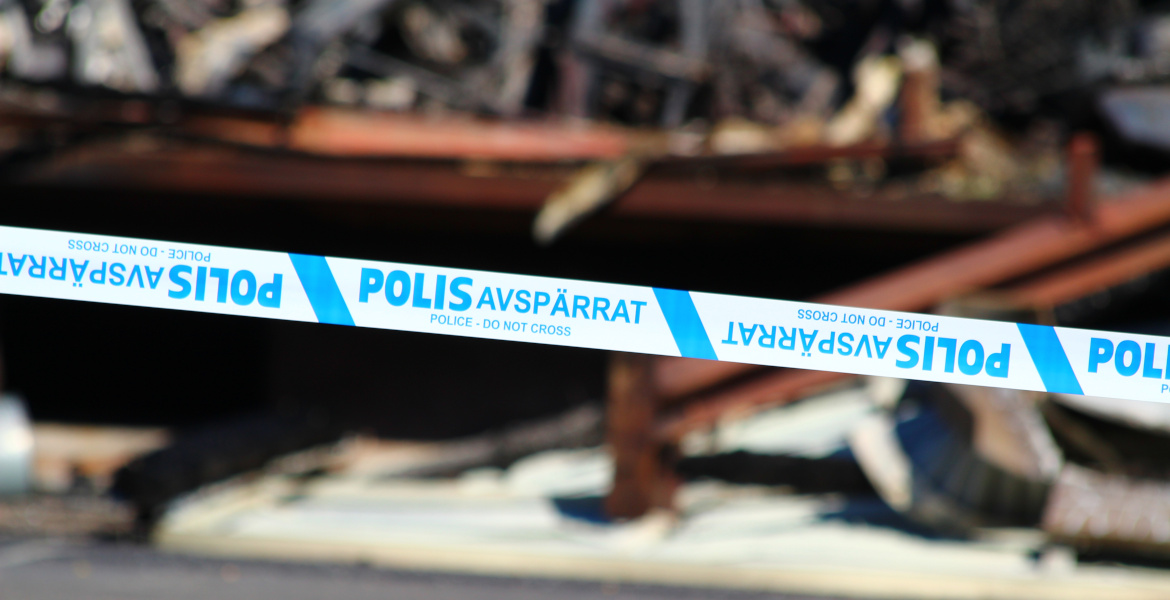The Church of Sweden works actively to break down involuntary loneliness, including home visits and discussion groups throughout the year, but especially now during the Christmas season, when loneliness can feel especially heavy.
In 2022, 28% of the women and 24% of the men surveyed said they experienced some form of loneliness. Among children, 10% of boys and 19% of girls said they usually or always felt lonely. The National Board of Health has been commissioned to map involuntary loneliness in Sweden in order to reduce and prevent it and to increase knowledge about loneliness. The work is expected to be completed in February 2025.
During the Christmas season, loneliness can become more tangible and difficult to deal with for many people, and about 100,000 people contact the Priest on Call every year. The Church of Sweden has a priest on call every night of the year. It is also possible to contact a priest through chat and digital letters.
– It is easy for people who feel lonely to fall into a vicious circle: their health deteriorates and the risk of social withdrawal increases. This, in turn, can increase the feeling of loneliness, says Kimmo Kling, a priest and national coordinator of the Pastoral Care Service, in a press release.
– My appeal to those who feel lonely is to have the courage to ask for help. Many congregations are organizing Christmas dinners and gatherings over the weekend that are open to everyone, says Kling.
You do not have to be a member or a believer to contact or participate in activities within the Church of Sweden.
Contact the Church of Sweden
Open every evening from 21.00-06.00. Call 112 and ask for the priest on duty.
Swedish-Finnish telephone helpline
The Finnish helpline is open every evening from 21-23 at 020-26 25 00.
Videophone helpline for the deaf
The service is staffed by sign language priests and deacons. Open Mondays 10-16, Wednesdays 10-19 and Fridays 10-16. Can be reached at svenskakyrkan@ectalk.se
Like all priests, the on-call priests are bound by absolute confidentiality. The conversation is not recorded and what is said remains with the priest.









